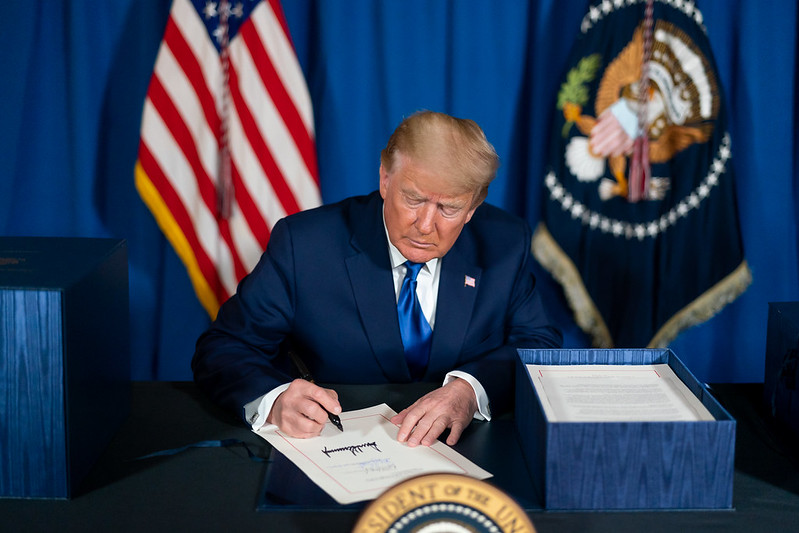President Donald Trump marked a significant milestone this month by delivering on a key campaign promise to reduce prescription drug costs for working Americans.
A newly signed executive order instructs U.S. Health and Human Services Secretary Robert F. Kennedy, Jr. to implement a “most-favored-nation” pricing policy. Under this approach, drug prices would be benchmarked against those in other economically advanced nations, as defined by the Organization for Economic Co-operation and Development (OECD), leading to significantly lower costs in the United States.
Before signing the order, Trump expressed concern over the burden working-class Americans face in affording essential prescription medications—a point that, ironically, had been used against him by Democrats during this month’s budget debate in the U.S. House.
His latest move may be viewed as an effort to ease public concerns over anticipated Medicaid cuts, which he has maintained will target only able-bodied recipients. “You can have, within a period of weeks, you can have drug costs that drop like a rock,” he said at a May 12 signing ceremony.
“We are going to now get a reduction in drug costs of up to 89 percent in some cases, but 50 percent would be a low, a bad number,” Trump said. “It’s going to be massive numbers. It’s going to be incredible for Medicaid, incredible for all forms of health care. Medicare is going to be — it’s going to have a huge impact, so big that nobody can calculate it.”
RFK Jr. has been instructed to work in coordination with Dr. Mehmet Oz, Administrator of the Centers for Medicare and Medicaid Services under President Trump, to ensure the successful implementation of the executive order. “OK, so you as a group, I have great confidence. And if you don’t do it, I am firing every single one. Good luck, guys,” he quipped to both men.
In a recent news release, Kennedy emphasized the significance of the reform in making prescription drug costs more affordable for Americans. “For too long, Americans have been forced to pay exorbitant prices for the same drugs that are sold overseas for far less,” he said. “That ends today. We expect pharmaceutical manufacturers to fulfill their commitment to lower prices for American patients, or we will take action to ensure they do.”



